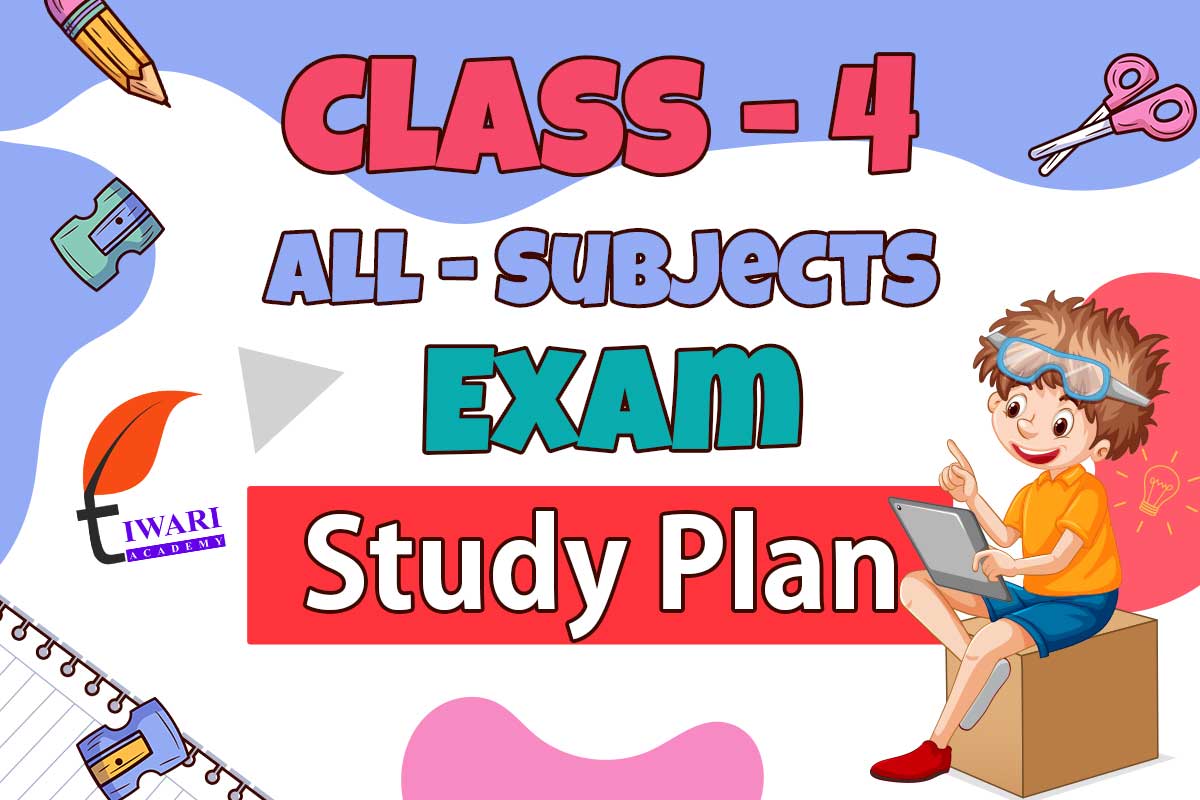This study plan is designed specifically for Class 4 students following the CBSE NCERT syllabus, with a focus on simplifying learning and improving foundational knowledge. At this stage, it is crucial for students to master basic concepts in subjects like Mathematics, Environmental Studies (EVS), English and Hindi. The plan encourages the use of interactive learning tools and NCERT solutions to help students understand the key topics effectively. By organizing study schedules with proper time management, students can ensure regular practice, especially in Maths and Science, to build problem-solving skills and reinforce concepts like multiplication tables, fractions and simple science experiments. Revision notes and practice papers are also vital resources to enhance reading, writing, and comprehension skills. Focusing on mock tests and subject-specific resources for English and EVS helps students better prepare for exams and gain confidence. By using study tips like summarizing key concepts and practicing regularly, students can achieve academic success.

